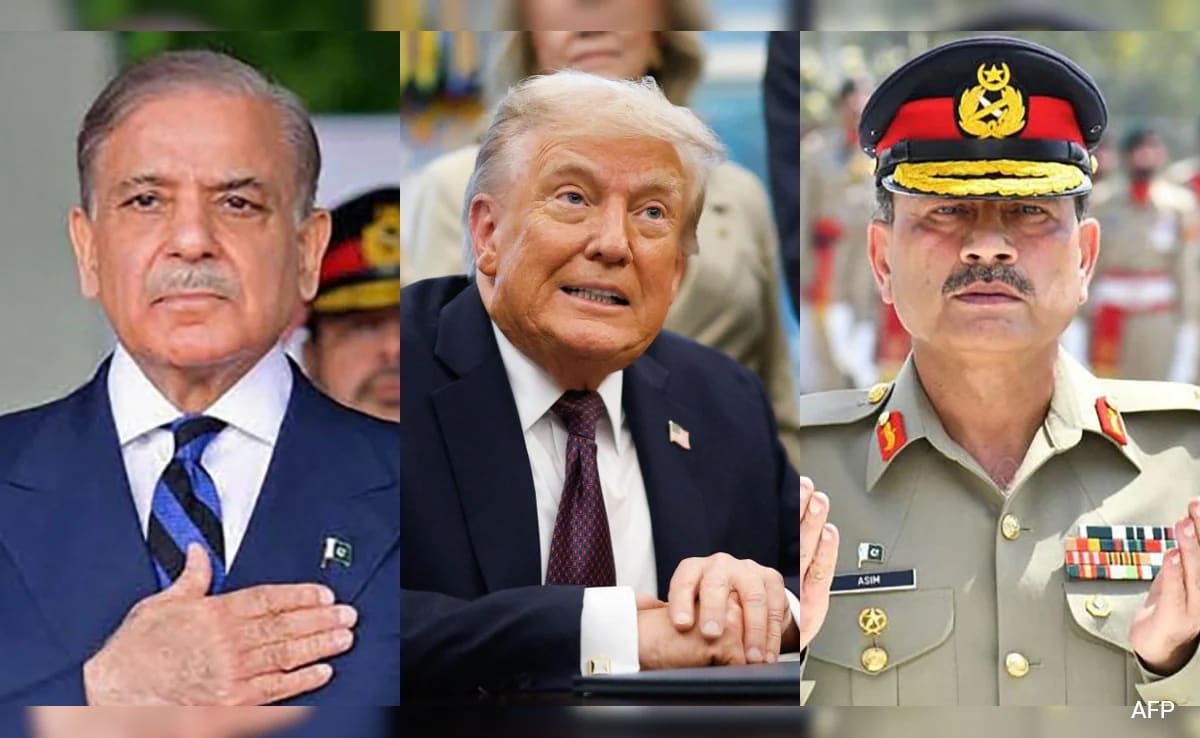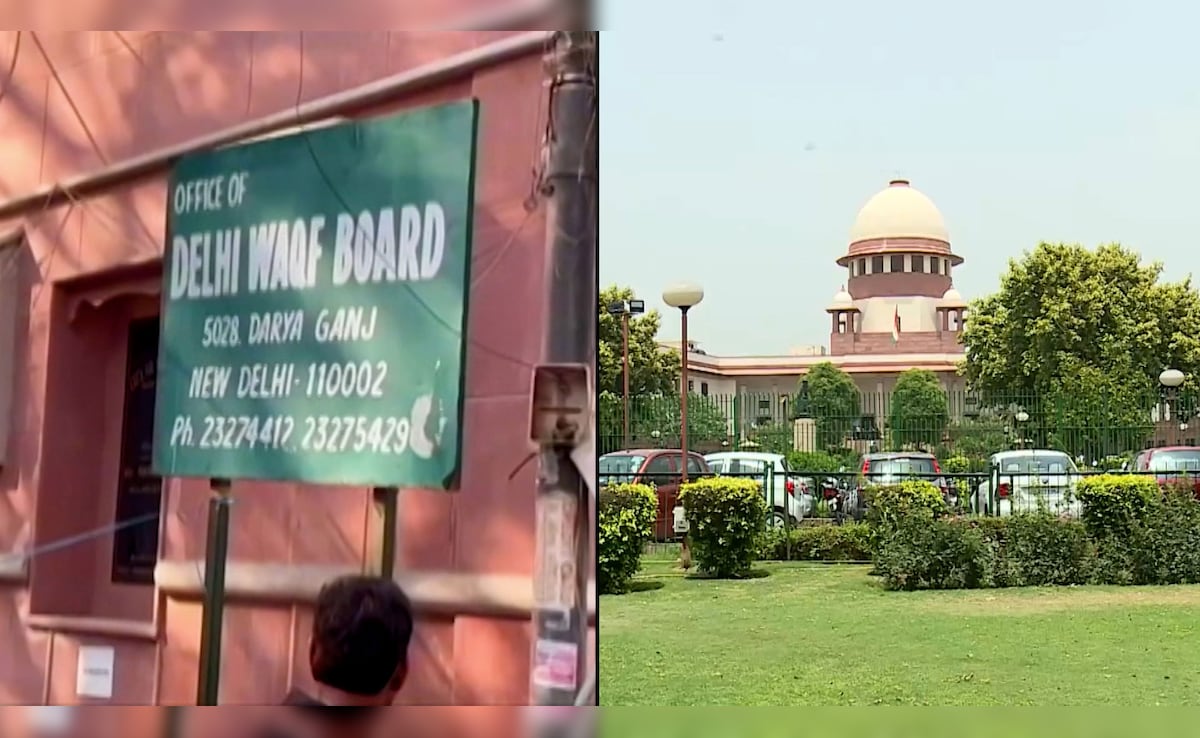âIn making this decision, I carefully considered information provided to me by the Department of Home Affairs, the Australian Border Force and Mr. Djokovic,â Hawke said in a statement, adding that the decision was in the public interest.
The development marked the latest twist in a saga that has captured global headlines and created tensions between Australian officials, who insist they are simply following the nationâs rules, and their Serbian counterparts, who claim the tennis player has been unfairly targeted.
Djokovic was initially detained late on Jan. 5 after arriving in Melbourne, where Australian Border Force officials decided he did not have the valid medical exemption required of unvaccinated foreign visitors. He was held in a hotel that houses asylum seekers for more than four days until a federal judge restored his visa and ordered him released, ruling that border officials had treated him unfairly.
Djokovic, the defending Australian Open champion, is pursuing a record-breaking 21st Grand Slam title. He has won the Melbourne event nine times, and was included in the tournament draw as the top seed on Thursday.
Facing a rapidly spreading outbreak of the omicron variant, authorities in Victoria state said on Thursday that they would impose capacity restrictions at the Melbourne Park venues, with crowds limited to half their usual numbers when the championships kick off Monday. Existing ticket holders and ground passes would be unaffected.
With several vaccinated players testing positive ahead of the tournament, Djokovicâs mother, Dijana, raised questions about whether it mattered that her son is unvaccinated.
âIf heâs healthy, if his PCR is negative, why he cannot play?â she told Australiaâs Channel 7 News on Wednesday.
Weighing the risk Djokovic poses isnât quite so simple, said Catherine Bennett, an epidemiologist at Deakin University in Melbourne.
âThe protection from infection isnât that different in someone whoâs had a recent infection and someone whoâs vaccinated,â she said, noting that it was unclear what variant was to blame for Djokovicâs positive test in December. âIf he had omicron, then that would help protect against omicron, but weâve still got delta here as well.â
At the same time, Djokovicâs disputed medical exemption cuts against the spirit of exceptions, which are designed to help people whose vaccinations are disrupted by infections, not people who have shown no interest in getting inoculated, Bennett said.
Djokovicâs admission that he broke Serbiaâs isolation rules and provided Australian authorities with inaccurate travel information could be viewed as adding to the health risk he poses, Bennett added.
âThatâs three strikes,â she said. âThatâs the concern, that itâs not just one thing, itâs a multitude of things. And that gets harder and harder for people to say, âOh, well, weâll just make an exception because heâs a good player.ââ
Vinall reported from Melbourne.
Read more:
.png)











 English (United States) ·
English (United States) ·  Turkish (Turkey) ·
Turkish (Turkey) ·